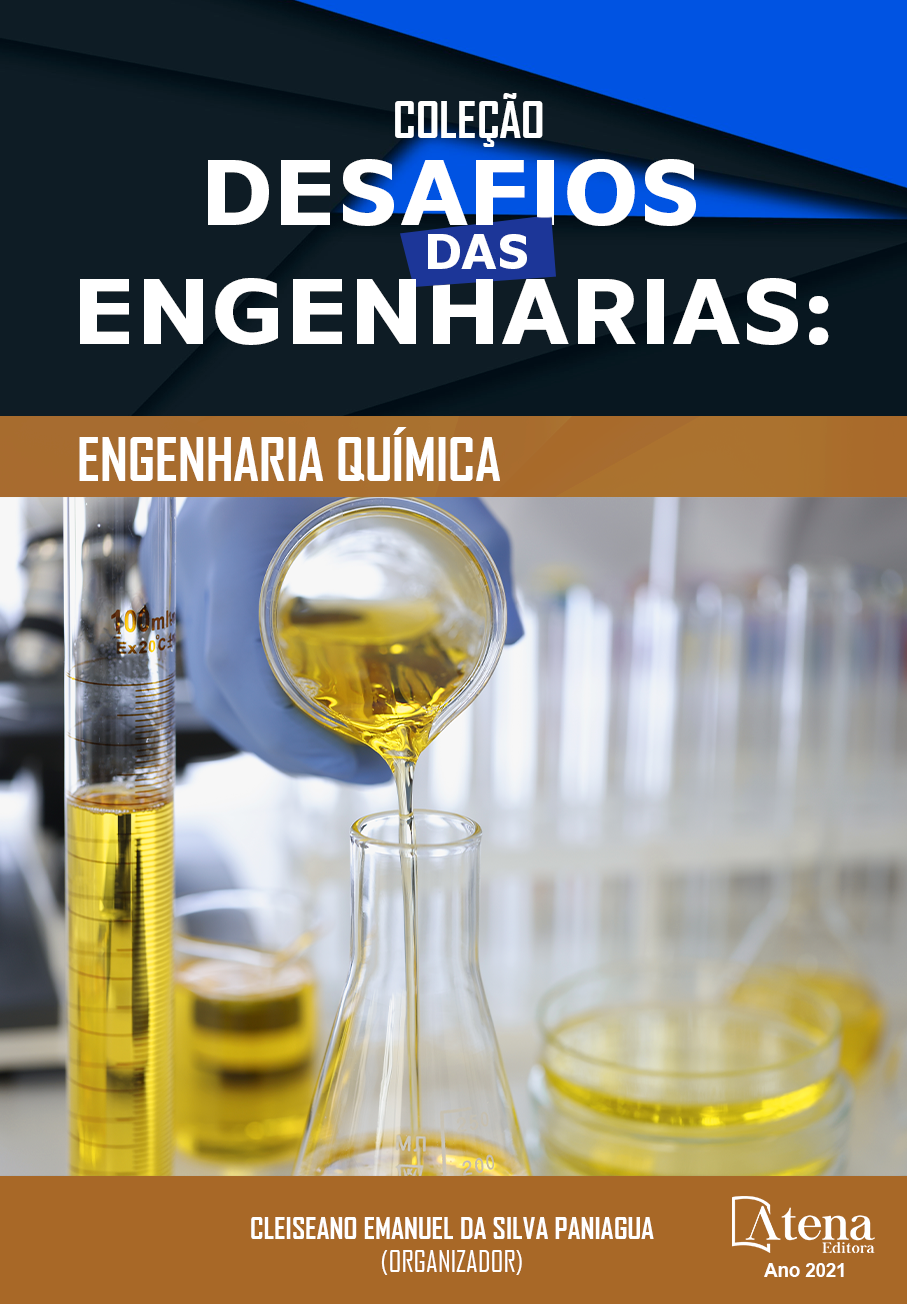
PIRÓLISE SUAVE DE BRIQUETES DE COPRODUTOS AGROINDUSTRIAIS
As atividades agroindustriais produzem uma série de resíduos que quando aproveitados, passam a ser coprodutos. Um dos inconvenientes desses resíduos está na baixa densidade, elevado volume, dificuldade de armazenamento e transporte. Uma alternativa pode ser a produção de biocombustíveis sólidos, como pellets e briquetes, concentrando energia por unidade de volume. As características energéticas ainda podem ser melhoradas por tratamentos térmicos de pirólise, que aumentam a densidade energética e diminuem a umidade dos biocombustíveis. O presente trabalho teve como objetivo submeter briquetes de pó de serra de eucalipto com 15% de torta de nabo forrageiro (B1), e pó de serra de eucalipto com 25% de sabugo de milho (B2) à pirólise suave, torrefação e realizar a caracterização físico-química e energética dos mesmos. Os briquetes foram torrificados em reator aquecido em forno mufla a uma taxa de aquecimento de 1,7 ºC.min-1 com temperatura inicial igual à temperatura ambiente até a temperatura de 300 ºC, mantida durante 30 min. As amostras antes e após a torrefação foram caracterizadas por análise imediata, método ASTM (D-3.172 até D-3.175) e poder calorífico superior (PCS) pela norma ABNT (NBR 8633). Os resultados obtidos indicaram que ambos os briquetes B1 e B2 diferiram estatisticamente em seus teores de umidade, materiais voláteis, carbono fixo, cinzas e poder calorífico superior quando comparados antes e após a torrefação. Para B1 o PCS aumentou de 17,42 para 27,97 MJ.kg-1 e para B2 de 17,73 para 24,27 MJ.kg-1. O briquete B2 diferiu de B1 com PCS superior e o teor de cinzas inferior, características desejáveis para um biocombustível. Pode-se concluir que a torrefação dos briquetes, produziu um incremento no PCS, agregando valor a um biocombustível produzido a partir de coprodutos agroindustriais.
PIRÓLISE SUAVE DE BRIQUETES DE COPRODUTOS AGROINDUSTRIAIS
-
DOI: https://doi.org/10.22533/at.ed.26221230711
-
Palavras-chave: Biomassa. Coproduto. Pirólise. Torrefação. Energia
-
Keywords: Biomass. Co-product. Pyrolysis. Torrefaction. Energy.
-
Abstract:
Agroindustrial activities produce a series of residues that, when used, become co-products. One of the inconveniences of these residues is their low density, high volume, difficulty in storing and transporting them. An alternative could be the production of solid biofuels, such as pellets and briquettes, concentrating energy per unit of volume. The energy characteristics can still be improved by thermal pyrolysis treatments, which increase the energy density and reduce the moisture content of biofuels. The present work had as objective to submit eucalyptus saw dust briquettes with 15% of radish forage cake (B1), and eucalyptus saw dust briquettes with 25% corncob (B2) to mild pyrolysis, roasting and to carry out the physicochemical and energetic characterization of them. The briquettes were roasted in a reactor heated in a muffle furnace at a heating rate of 1.7 ºC.min-1 with an initial temperature equal to room temperature up to a temperature of 300 ºC, maintained for 30 min. The samples before and after roasting were characterized by immediate analysis, ASTM method (D-3172 to D-3,175) and higher calorific value (PCS) according to the ABNT standard (NBR 8633). The results obtained indicated that both briquettes B1 and B2 differed statistically in their moisture content, volatile materials, fixed carbon, ash and higher calorific value when compared before and after roasting. For B1 the PCS increased from 17.42 to 27.97 MJ.kg-1 and for B2 from 17.73 to 24.27 MJ.kg-1. Briquette B2 differed from B1 with higher PCS and lower ash content, desirable characteristics for a biofuel. It can be concluded that the roasting of briquettes produced an increase in PCS, adding value to a biofuel produced from agro-industrial co-products.
-
Número de páginas: 12
- Amanda de Araújo Drago
- Victória Diaz de lima
- Débora Hungaro Micheletti
- Aline Bavaresco dos Santos
- Adriana Ferla de Olliveira


